It is in these quiet moments that the glacier reveals herself in entirely novel and original ways. There is so much in life that can be missed if we don’t settle down for a bit. My life is full of distractions—deadlines, flights to catch, a smartphone that beeps away, life life life. Listening brings things to focus, and often times it is quite surprising what draws the attention of that quiet ear.
-M Jackson, Arctic expedition leader for National Geographic, in an interview with dragonfly.eco.
I’ve been having a wonderful talk with another author who I’ll feature in the world fiction series over at Dragonfly this December. Today he linked me to an article at the Guardian, which states, “We’ve never seen this: massive Canadian glaciers shrinking rapidly. Glaciers in the Yukon territory are retreating even faster than expected in a warming climate, scientists warn.”
These massive forever structures are shrinking away before our eyes and ears. Maybe we cannot see or hear them every day, but they are there. And it is a livelihood that should be respected and a vanishment that should be grieved.
I am as guilty as anyone for getting distracted. It’s our way of life in this busy techno-society we’ve built, one that is mostly separate from the green spaces around us. I tried to run on the trail for a few years to have my own time there–not always a silent time. I recall one day last fall running over at Deer Lake, and I had my headphones on and was listening to a podcast, and I could audibly hear a noise above that. It turned out to be hundreds, if not thousands, of leaves falling audibly and quickly around me–like a fairy dance, or whisper, or the scuttling of small feet, or a crisp wind. I recently found out that my left foot is kind of fumbled up for good now. Without intense physical therapy, I can’t run anymore unless it’s a limited amount of time. I am switching to aqua-aerobics and water running, and hopefully paddling in the spring, but will always enjoy my hikes in the woods, away from distraction. Where, at least the only distraction is what you see or hear or smell or feel there. And it’s a wonderful interruption that becomes not a hindrance but a focused observation and experience–one that is welcome. Whether it’s the whisper of leaves or the sight of perma-ice still existing on a mountain or, in luckier further away times, the sounds of whales and the wild waves of the sea–these are the things that continue to tell me life is good. It is my “Calgon”.
National Geographic says:
Everywhere on Earth ice is changing. The famed snows of Kilimanjaro have melted more than 80 percent since 1912. Glaciers in the Garhwal Himalaya in India are retreating so fast that researchers believe that most central and eastern Himalayan glaciers could virtually disappear by 2035. Arctic sea ice has thinned significantly over the past half century, and its extent has declined by about 10 percent in the past 30 years. NASA’s repeated laser altimeter readings show the edges of Greenland’s ice sheet shrinking. Spring freshwater ice breakup in the Northern Hemisphere now occurs nine days earlier than it did 150 years ago, and autumn freeze-up ten days later. Thawing permafrost has caused the ground to subside more than 15 feet (4.6 meters) in parts of Alaska. From the Arctic to Peru, from Switzerland to the equatorial glaciers of Man Jaya in Indonesia, massive ice fields, monstrous glaciers, and sea ice are disappearing, fast.
When temperatures rise and ice melts, more water flows to the seas from glaciers and ice caps, and ocean water warms and expands in volume. This combination of effects has played the major role in raising average global sea level between four and eight inches (10 and 20 centimeters) in the past hundred years, according to the Intergovernmental Panel on Climate Change (IPCC).
What is hard to deal with is the fact that our wild places are disappearing. It’s something that is often well spoken about in fiction and art, which is my life’s study now, but it’s still a loss to mourn and grapple with. When the things we love are lost forever, there is an unimaginable emptiness when they go away. This includes things like loved ones. Like glaciers. We create a song to praise them, a story to memorialize them, a photograph to go back to them, a silence to grieve them. But in this day and age, we have a lot of warning about landscape and wilderness loss. It’s as if these things have cancer, and we expect them to go away. It doesn’t make the loss any easier. It actually causes anger, because we knew, we know, that we could or can stop it, but we do not.
Though I started writing this article a couple days ago, this morning I found out that my husband’s cousin died sometime overnight to a heart attack. I awoke and started my commute to work, in shock. It was unexpected, for he was young. He leaves behind a grandmother (who is 102), mother, siblings, wife, and three children. It took everything I had to not break down about it. Because, in his family’s case, he was their rock. Their glacier. Their forever grandson, son, brother, husband, dad. He was a forester, and I remember talking with him about my love for trees, and he would tell me about the great forests of British Columbia, about the pine beetle, the bears, the evolution of trees in the province, and how he always felt safe in the woods regardless. He knew his way around. Though young, he had an old soul and respected the wild. I appreciate that. He was also funny as hell and told incredible stories about the Woodbury family–around the campfire, on camping trips. We would laugh so hard we’d roll on the ground and could barely go to sleep later. We’d drink champagne and sing and listen to guitar. These were some of the best times of my life, especially the year my mother came up to camp, kayak, and canoe with us.
My heart breaks for his family. My heart breaks for our world. Each day I feel myself pulling further and further away from what is supposed to distract me–the petty things and people, the drama that isn’t necessary, the politics that are divisive, and I just move forward one footstep at a time, watching what goes away. Wishing it back, yet wishing also that those of us left behind somehow find the strength and grace to focus on the beauty of what we have left, not the things that distract us negatively. Sometimes we just have to be quiet and listen to the silence.
The featured image shows packrafting at Spencer Glacier in Alaska. By Paxson Woelber – Own work, CC BY-SA 4.0
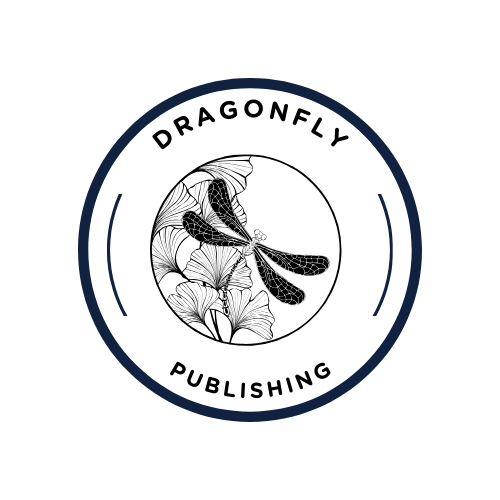
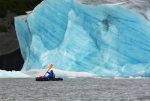
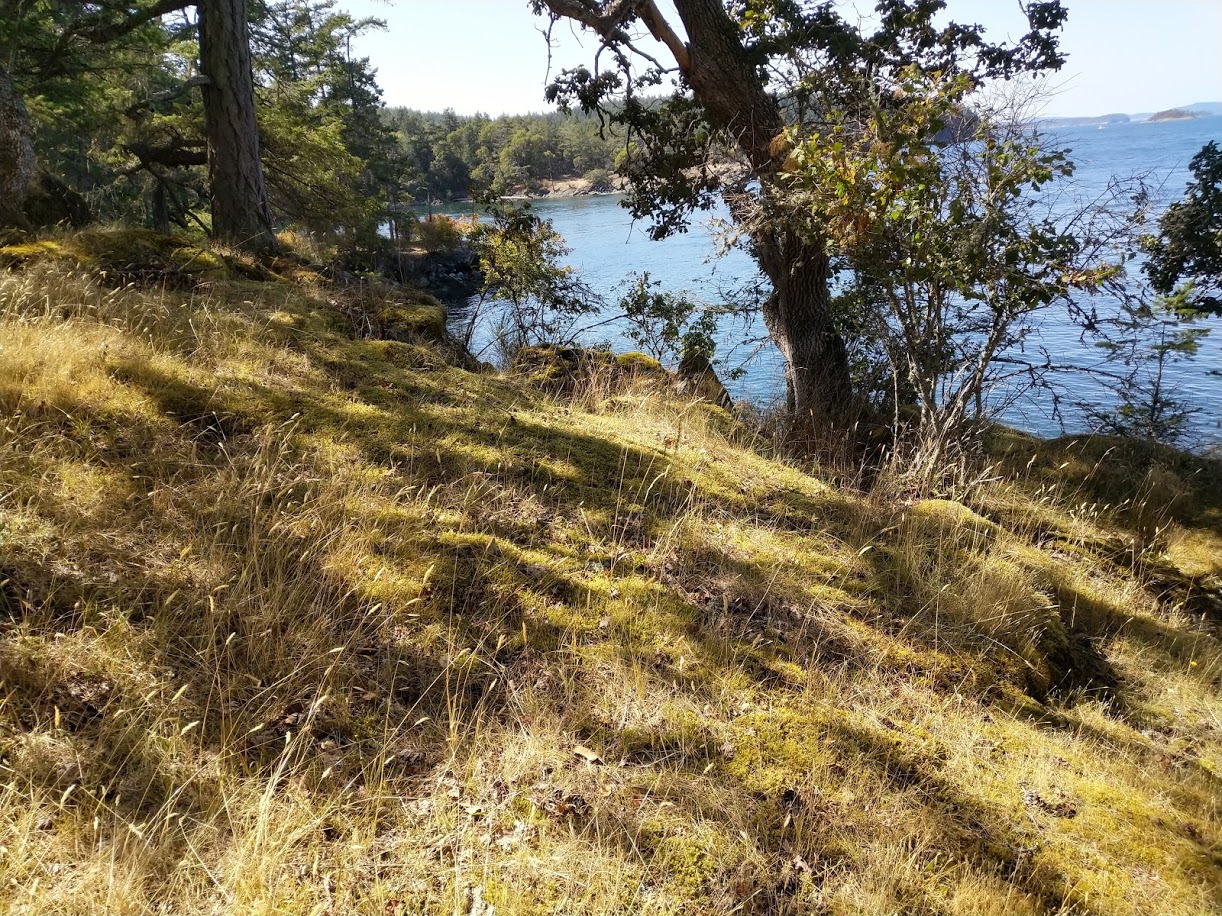
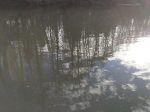

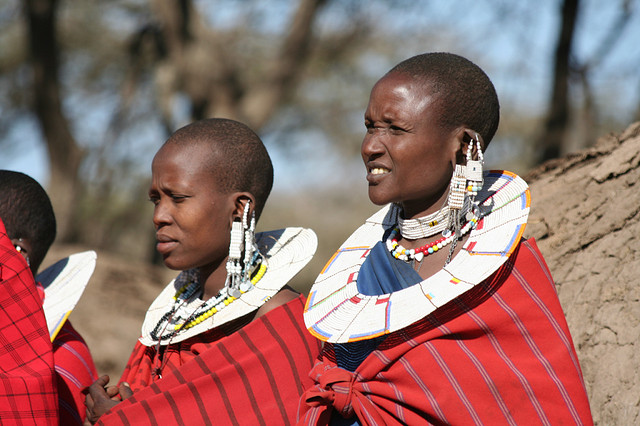
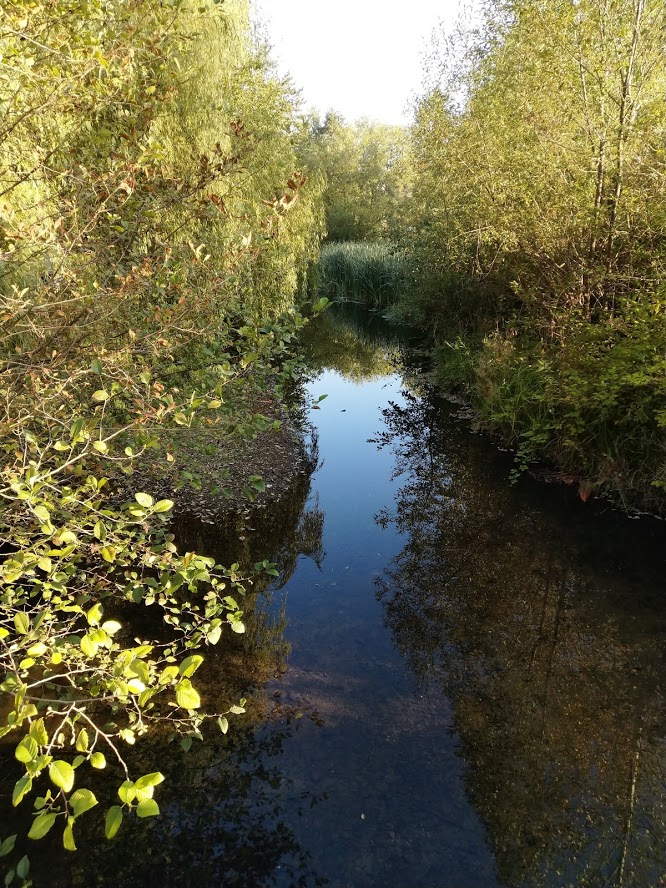
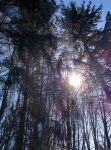
Mary,
Thank you. Your words really touched a nerve in me, allowing a little sorrow to flow.
-Christine